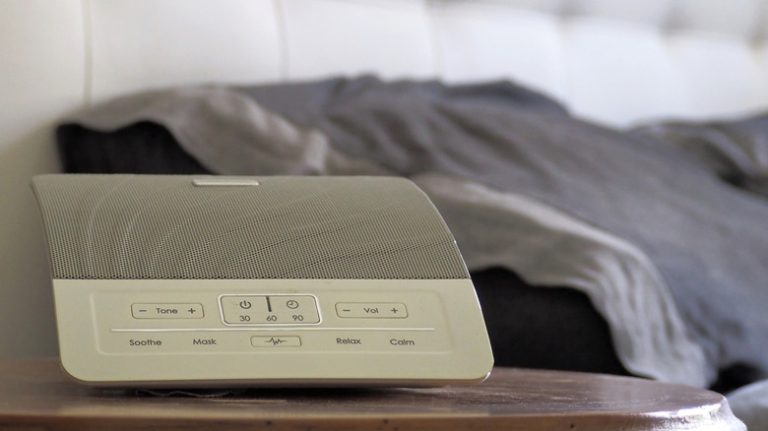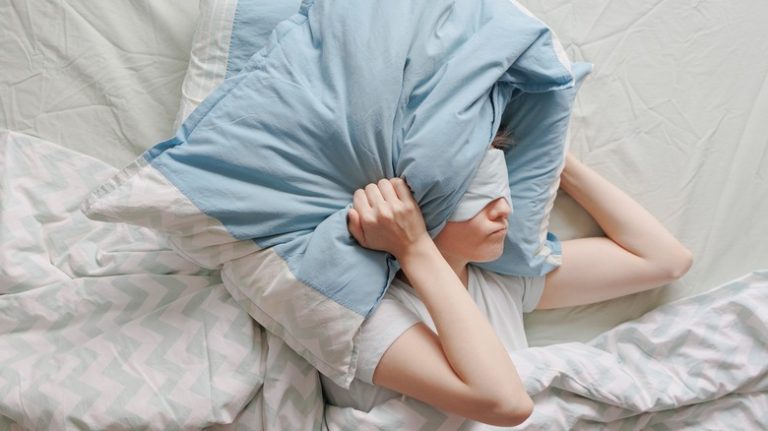For those who struggle with sleep, sleeping pills may be a helpful solution. While there isn’t much evidence to suggest that they boost the quality of sleep, sleep aids may increase sleep duration (per Cleveland Clinic). This is because sleeping pills can help decrease sleep latency, allowing individuals to fall asleep more quickly. Compared to those who do not take sleeping pills, those who do may gain an average of 35 more minutes of sleep per night.
Getting plenty of rest is critical to our health. So much so that the National Heart, Lung, and Blood Institute notes that adults who receive fewer than seven hours of sleep nightly may be at a greater risk of developing various health problems than those who regularly sleep at least seven hours each night. However, while sleeping pills may help a person reach that desired seven or more hours, studies have also shown a link between these medicines and an increased risk of death.
Benzodiazepines, antidepressants, and the so-called “Z-drugs” (zopiclone, eszopiclone, zaleplon, and zolpidem) are all different types of prescription sleep aids. Yet some research shows a stronger relationship between increased death risk and one category of sleeping pills in particular.
Benzodiazepine use linked with increased risk of death
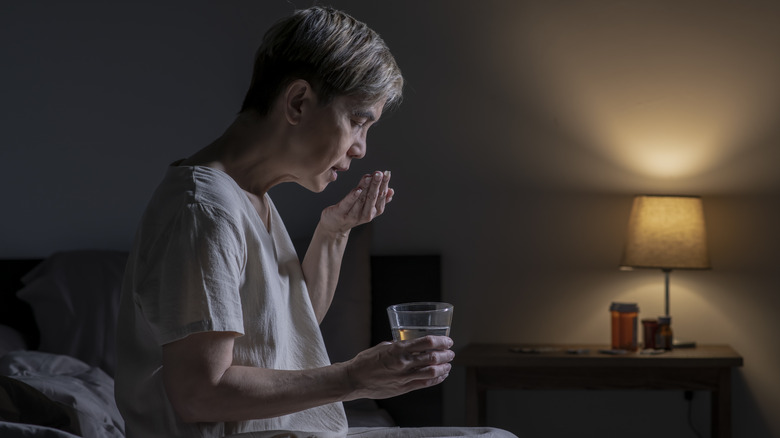
In a 2024 study published in Drugs – Real World Outcomes involving more than 21,000 participants, researchers compared questionnaire data from the Hordaland Health Study regarding participant medication use to death reports from the Norwegian Cause of Death Registry. The study involved a 13-to-15-year follow-up period, during which time researchers found a strong connection between the use of sleep medications and increased risk of death. During the follow-up period, a total of 622 deaths occurred.
The research findings showed that those who used sleep medications were twice as susceptible to all-cause mortality than people who did not use sleeping pills. More specifically, a greater risk of death was seen in connection with the use of benzodiazepines compared to Z-drugs. A substantially high risk of mortality was observed among those who took benzodiazepines on a daily basis. Next were those who used benzodiazepines but not on a daily basis, followed by those who used Z-drugs every day. No link was found between non-daily use of Z-drugs and increased risk of death.
Generally speaking, sleep medication use was more commonly seen among women, people who smoke, those with lower levels of education, and people with a more sedentary lifestyle.
Does dosage or sleep duration make a difference?
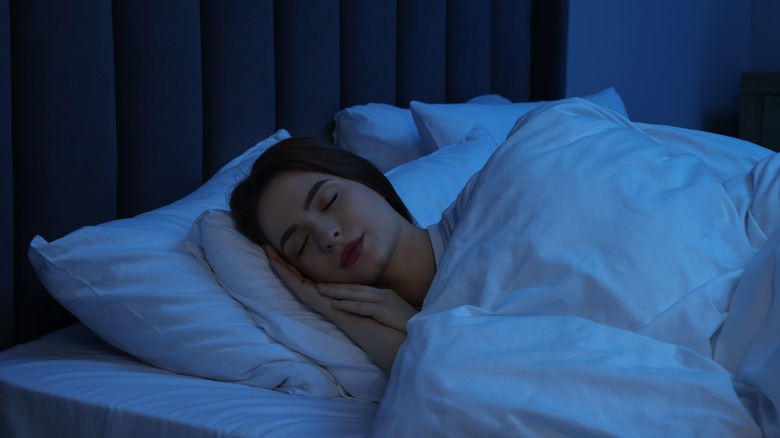
In a 2024 study published in BMJ Open, researchers also found a link between increased risk of death and the use of sleeping pills, particularly as it pertained to dose amount. Although risk was greatest for those who were prescribed more than 132 doses per year, individuals taking less than 18 doses annually were still over three times more susceptible to dying than those who did not use sleeping pills. The use of hypnotics was also tied to an increased risk of cancer.
Even adequate sleep does not seem to eliminate the potential mortality risks associated with sleeping pill use, according to a recent 2025 case report published in Sleep Health. Between 1994 and 2011, researchers examined data from a health screening program involving more than 484,000 Taiwanese adults. When it came to sleep duration, those who did not use sleeping pills and received approximately six to eight hours of sleep nightly stood at the lowest risk for mortality. Sleeping pill users who got the same amount of sleep each night were still 55% more prone to dying than those who did not use sleep aids. When it came to life expectancy, men and women who used sleeping pills were found to live a joint average of 5.5 years less than non-users. During an approximately 10-year follow-up period, the leading cause of death amongst participants was found to be cancer.
Tips for promoting sleep without medications
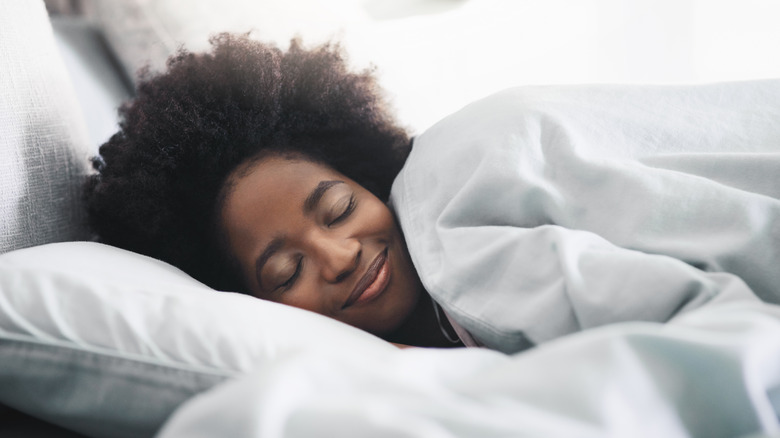
Adene Sanchez/Getty Images
If these findings sound worrisome, know that experts feel further research is needed on the relationship between death and sleeping pill use. “It is important to note that our results are based on observational data, so even though we did everything we could to ensure their validity, it’s still possible that other factors explain the associations,” stated Lawrence E. Kline, co-author of the 2024 BMJ study (via Scripps Health).
For those interested in alternate options to help promote sleep, Cleveland Clinic experts suggest limiting caffeine and sugar during the day, getting daily exercise, and keeping a consistent sleep schedule. Optimizing your bedroom for sleep can also be helpful. This includes keeping the area at a cool temperature, turning out the lights, and putting away any digital devices at least a half-hour before heading to sleep. Signal to your body that it’s time for rest with calming activities, such as reading or listening to a soothing meditation. Most importantly, be sure to speak with your doctor if you’re having any issues with your sleeping pill prescription or before taking any new sleep aids, including supplements.


